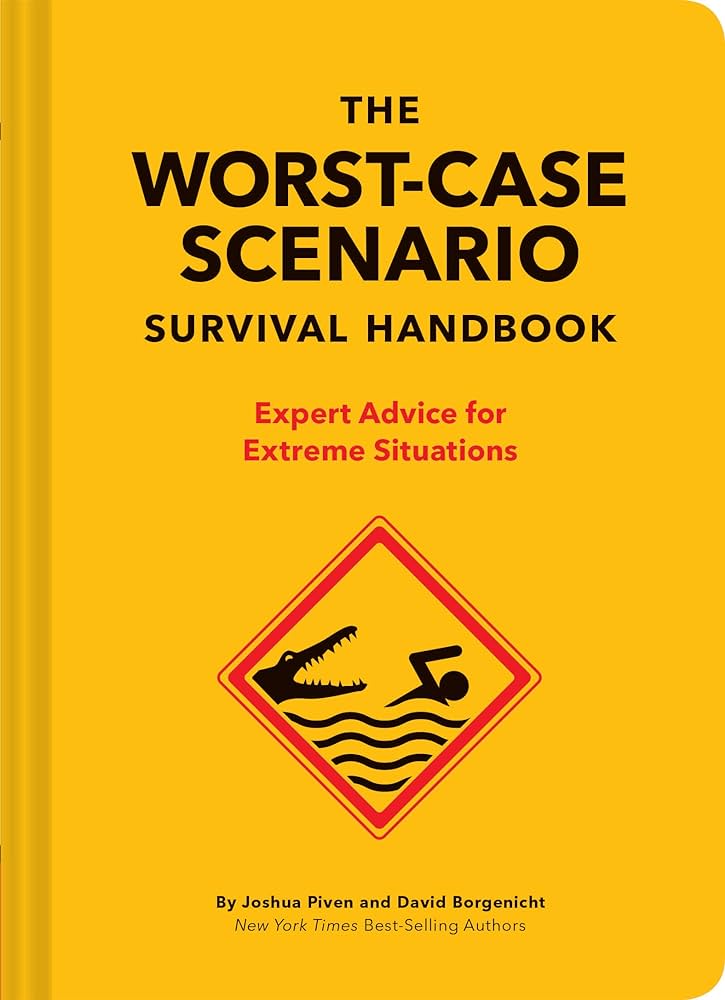A bear market is a term commonly used in the financial world, which refers to a period of declining stock prices. During a bear market, the overall sentiment in the market is negative, as investors tend to sell off their investments, causing prices to drop. Understanding the impact of a bear market and developing strategies for survival is crucial for investors.
Table of Contents
What Causes a Bear Market?
There are various factors that can contribute to the onset of a bear market. Economic downturns, political uncertainties, and changes in market sentiment are some of the key triggers. When investors lose confidence in the economy and fear a downturn, they tend to sell their stocks, leading to a market slump.

Credit: us.macmillan.com
The Impact of a Bear Market
A bear market can have significant implications on individuals, businesses, and the overall economy. Here are some key impacts:
| Individuals | Businesses | Economy |
|---|---|---|
|
|
|

Credit: www.amazon.com
Surviving a Bear Market: Strategies and Tips
Although a bear market can be challenging, there are strategies and tips individuals can consider to protect their investments:
1. Diversify Your Portfolio:
Investing in a diverse range of financial instruments such as stocks, bonds, and commodities can help mitigate the impact of a bear market. Diversification allows you to spread your risk across different assets and sectors.
2. Focus On Dividend-paying Stocks:
During a bear market, dividend-paying stocks can provide a source of income. Companies that consistently pay dividends are often financially stable and can offer a degree of stability in an uncertain market.
3. Maintain A Long-term Perspective:
While it’s easy to panic during a bear market, it’s important to stay calm and have a long-term perspective. Historically, markets have always bounced back from downturns, and staying invested can yield positive returns over time.
4. Explore Defensive Industries:
Defensive industries, such as healthcare and utilities, tend to be less affected by economic downturns. Investing in these sectors can provide some protection during a bear market.
5. Consider Professional Advice:
If you are unsure about your investment strategy or need guidance during a bear market, consulting with a financial advisor can be beneficial. They can help you navigate through challenging market conditions and make informed decisions.
Conclusion
A bear market can be a challenging period for investors, but by understanding its impact and implementing the right strategies, individuals can navigate through it successfully. Diversifying the portfolio, focusing on dividend-paying stocks, maintaining a long-term perspective, exploring defensive industries, and seeking professional advice are essential steps to survive and potentially thrive during a bear market. Remember, with proper planning and informed decisions, investors can protect their investments and even find opportunities amidst market downturns.
